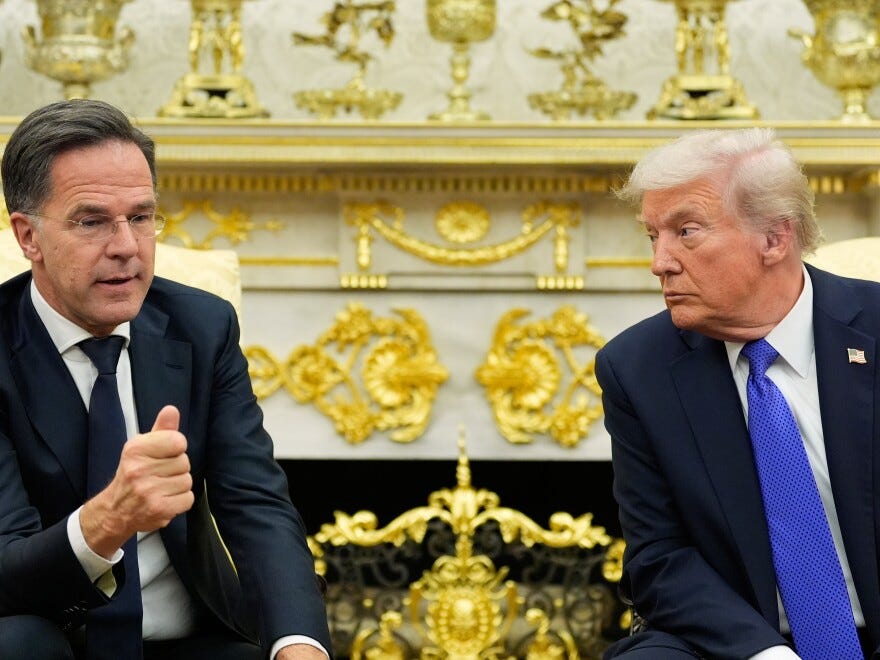The Semantics of Surrender: When ‘Peace’ Becomes a Synonym for Conquest
We are being sold a lie about the negotiations in Geneva. This isn’t peace; it’s the quiet acceptance of force. I explore how the West is adopting the language of its adversaries to disguise abandonment as diplomacy.
The Lie of Neutrality
There is no peace plan on the table in Geneva. There is only a capitulation drafted in the language of diplomacy. When I look at the 28 points ostensibly designed to end the war in Ukraine, I do not see a negotiation strategy; I see a mirror reflecting the precise desires of the Kremlin. It is startling to witness American senators and the State Department bickering over who actually wrote this document. Is it a Russian wish list, or is it an American proposal influenced by ‘reality’? The distinction hardly matters when the outcome is identical. We are witnessing the terrifying malleability of truth in real-time, where the aggressor’s demands are repackaged as the mediator’s ‘pragmatism’.
To surrender to the power of the lie is to participate in the lie, to become a part of its machinery, and thus to lose one’s own moral bearing.
– Václav Havel
Havel’s warning from the era of Soviet domination feels eerily present today. By accepting the premise that peace can be bought with the sovereignty of another nation, we are not just failing Ukraine; we are participating in the lie that force makes right.
The Architecture of Abandonment
What strikes me most viscerally is the casual cruelty of the ‘win-win’ rhetoric. How can there be a win-win when one side fights for existence and the other for dominion? This is the trap of modern technocratic diplomacy: it strips conflict of its moral dimension, reducing human tragedy to a series of logistical hurdles to be cleared by Thanksgiving. The West is attempting to purchase its own peace of mind by selling the future of a sovereign people. We are prioritizing the quiet of the graveyard over the noise of justice. It brings to mind the piercing insight of Simone Weil regarding the nature of force.
Force is as pitiless to the man who possesses it, or thinks he does, as it is to its victims; the second it crushes, the first it intoxicates.
– Simone Weil
We are intoxicated by the idea that we can control this outcome through clever deal-making, forgetting that the force we are appeasing will not be satiated by this meal. It will only be strengthened.
Go Deeper
Step beyond the surface. Unlock The Third Citizen’s full library of deep guides and frameworks — now with 10% off the annual plan for new members.
The Dangerous Illusion of ‘Win-Win’
You have to ask yourself: what are we actually saving here? We are told this plan avoids escalation, that it brings stability. But stability built on a foundation of betrayal is inherently unstable. It is a house built on sand. The confusion in Geneva—the conflicting reports, the denials, the whispers of Russian influence—is not accidental. It is the fog of war leaking into the halls of diplomacy. If we accept this ‘peace,’ we are admitting that our values are situational, valid only when they are cheap to uphold. The true danger is not just in the loss of territory in Eastern Europe, but in the loss of our own capacity to recognize evil when it sits across the table from us.




Looks like you’ve been successfully propagandized:
https://www.lasg.org/Ukraine/Ukraine.html